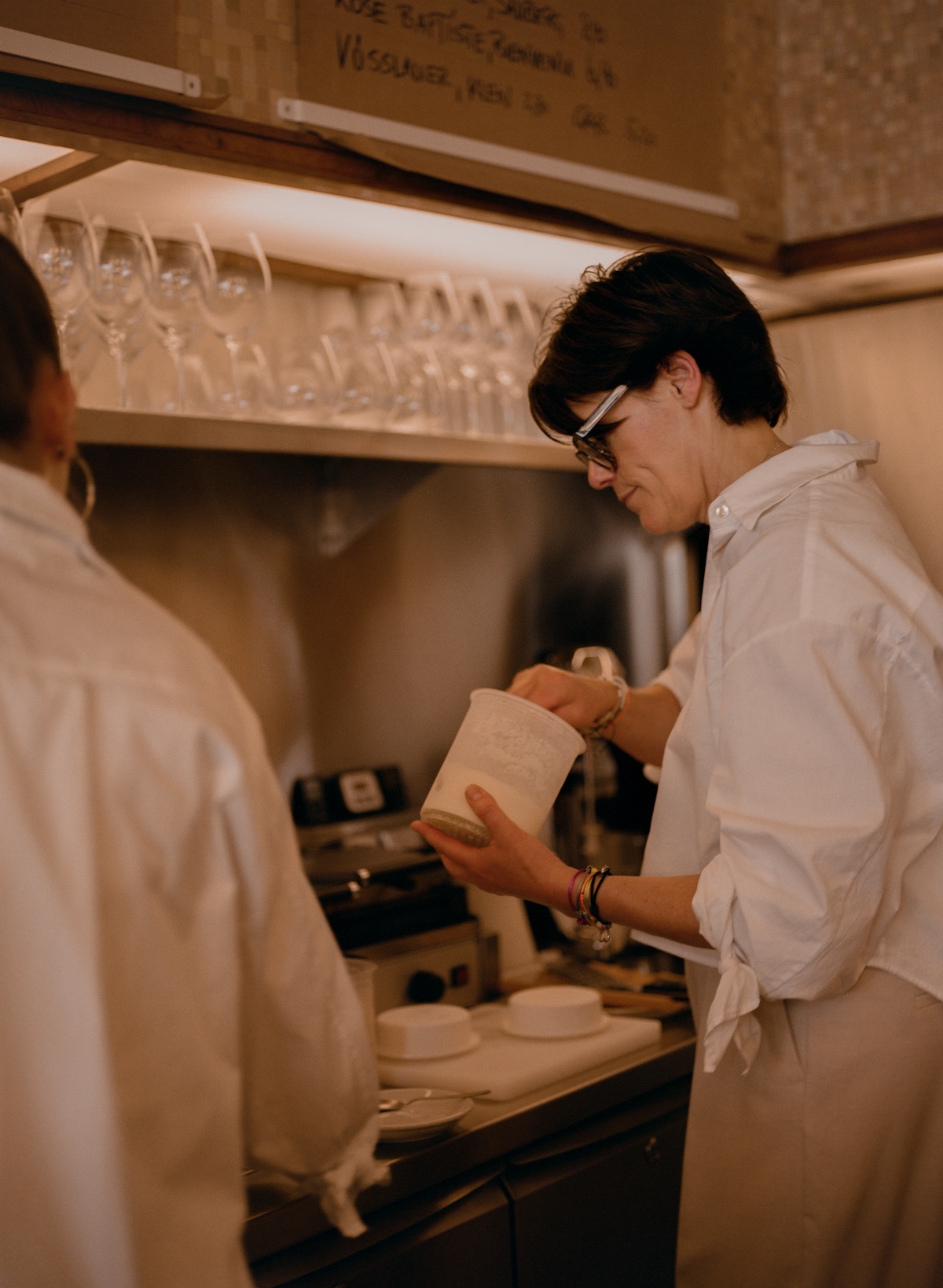JOIN the AFICIONADOS
Get the insider news and lowdown on what we've been up to, where we've been, and who we've met along the way. Be the first to discover new places and get the scoop on our favourites.
Monopoly has always been my guilty pleasure. Give me a rainy Sunday and I’ll happily lose hours marching Scottie across the board, plotting my empire street by street. The problem? No one will play with me. Apparently, I’m “too competitive”. Translation: I always win as a millionaire.
The scratch card promised a millionaire moment, but, to be honest, it was over quicker than a Ryanair boarding. Hardly the thrill of Argento balsamico arriving by post. Still, it sent me rummaging for my battered fifty-year-old board, where Scottie the silvered canine was always my chosen piece. I even used to hide him so no one else could trot around the squares in his stead.
Over a tomato salad laced with balsamic, I started to rethink the old Monopoly board in the spirit of travel and design.
The railway stations? Gone. In their place: landscaped parklands, think historical planting, eco-planning, and nature unbothered by equations (meet the four landscapers below). The Bank would be replaced by a conservation trust (see my report about the Orkney Islands), where the only real currency is carbon credits. Electricity and Water would become Museums and Theatres because nothing powers a city quite like culture.
The cheap brown streets would vanish, replaced with soulful inns, salvaged monasteries and Alpine chalets. Mayfair would not be a tower block but a small architectural jewel: a wine hotel in Emilia-Romagna, perhaps, where Lambrusco, Aceto and châteaux hold court. “Go to Jail” would happily exile you to a Viennese Kaffeehaus or a Highland bolthole, all style and bound by nature.
Community Chest would dispense the true randomness of a week: a neighbour’s scratch card for watering hydrangeas, three Lisboans in quick succession, a box of balsamic, or cultural foraging in Antwerp. Chance might land you on the Orkneys, or dispatch you to a Swiss retreat for hounds and their humans. (Scottie, naturally, would check into only the finest, and his Monopoly hotels will soon feature in a new series.)
And the hotels. No plastic red blocks here. Instead: salvaged restorations, architectural beauties, mountain lairs and Mediterranean hideouts. Run! Or, if you stumbled across the ruins of a monastery in Umbria, do you walk on by or fall head over heels and convert it to a fab rural masterpiece of design aesthetics?
Enjoy this week’s Sunday Edit, amigos, inspired by the glorious randomness of life, Monopoly, and my inbox. The message "you are everywhere" is from a good hotelier friend visiting South Tyrol and staying at the hotel that Klaus and Carmen purchased – see below for more about their epic journey from the hotel pictured above to the place it is today.
Hugs,
Iain & Co.
PS: Always the dog. The Scottish Terrier, affectionately known as Scottie, joined the Monopoly board in 1952.
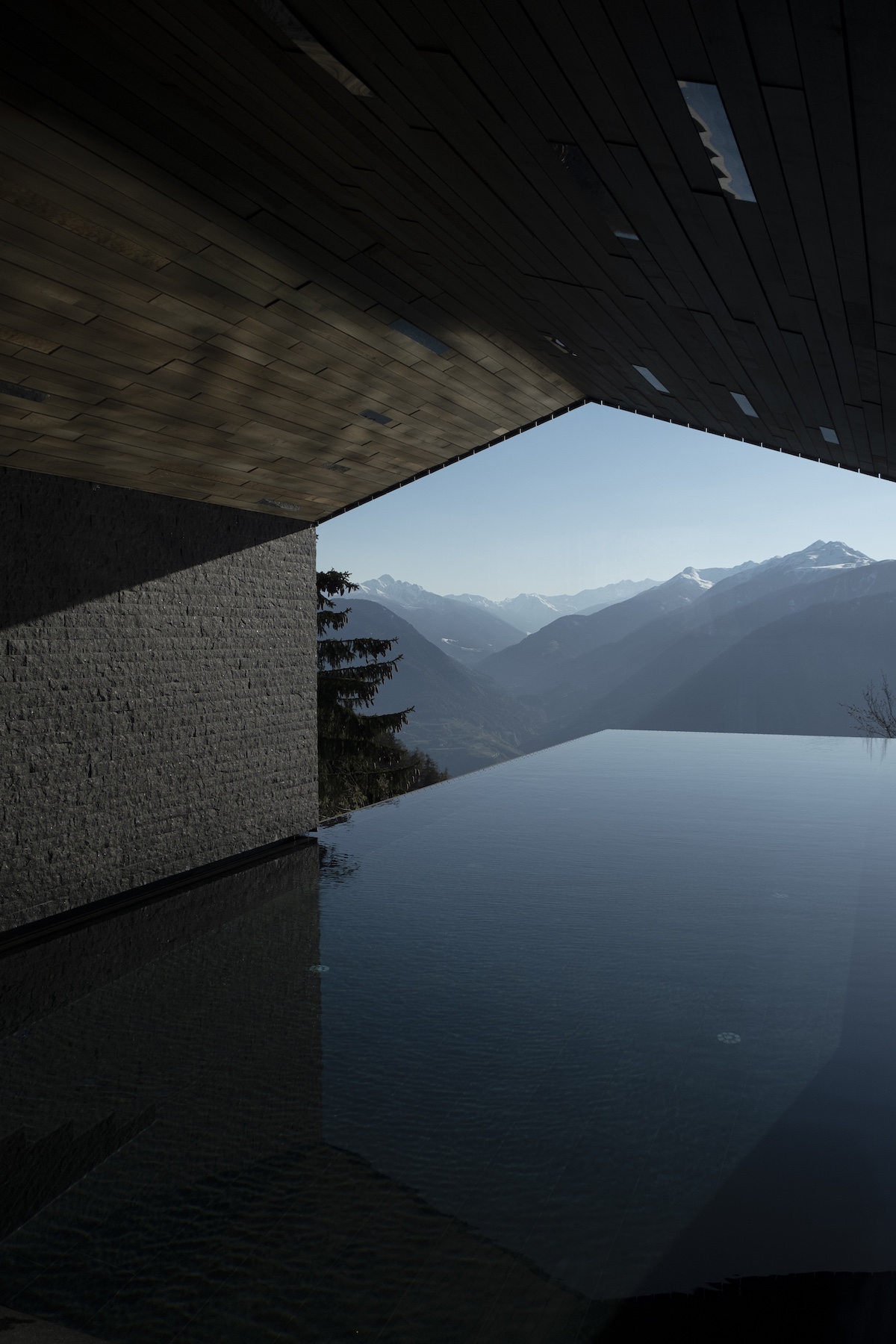
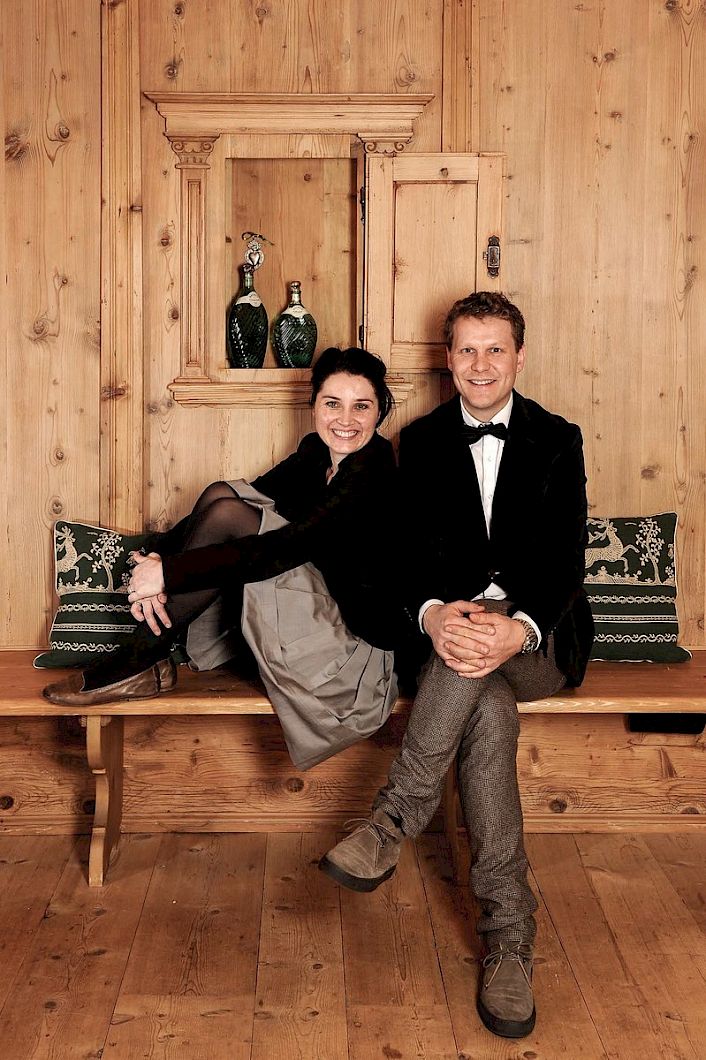
They were just 24 when they first took the reins. “We became directors, young, curious, full of ideas,” Klaus recalls. What began as a stop for a winter sports day turned into destiny. They ran the hotel for seven years before daring to imagine it as their own. The dream felt far off, but it never let go. The financial crisis of all things opened the door, and suddenly, the place was theirs. “It took a long time to realise what we had achieved,” he says, “but we knew one thing: we could only do this together.”
Togetherness is what defines MIRAMONTI. Carmen reads the soul of the place, Klaus reads the mountain. “Nature is our best architect,” he says. “Porphyry, larch, light, textures – we listen. Forest, stones, seasons. Every decision is made with respect for the place. The mountain is our most important advisor.”
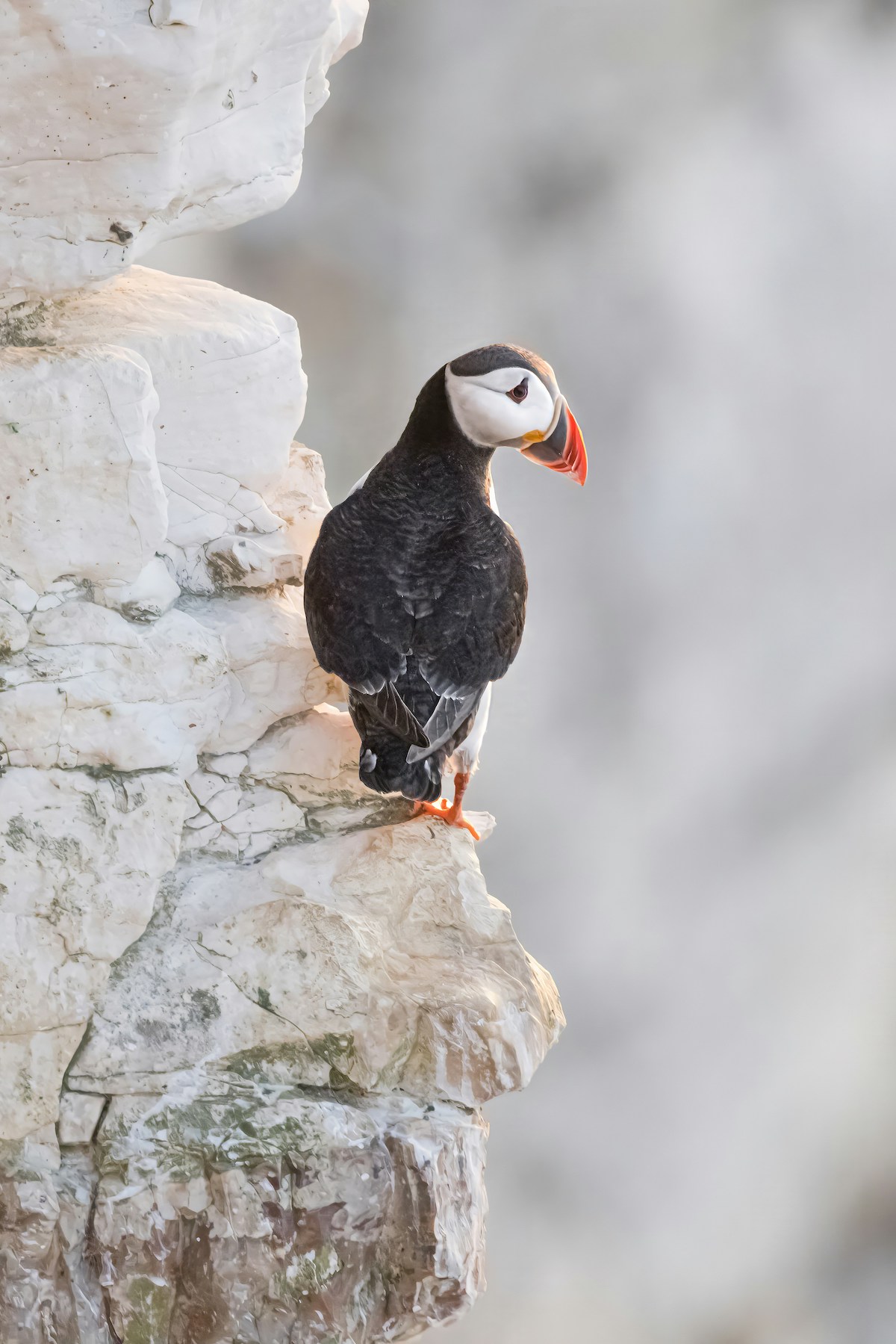
A remote collection of islands, a unique ecosystem and a groundbreaking conservation project come together to meet the challenges of the natural world on the Orkney Islands. Located ten miles off the far tip of mainland Scotland, the Orkney Islands are a scattering of rocky islets that pull away from Sutherland in the Scottish Highlands.
A wild, empty and beautifully rugged place, the island is home to a diverse range of endangered breeding seabirds, including hen harriers, curlews, lapwings, and oystercatchers, among many others, alongside smaller creatures such as the Orkney vole – a unique species found nowhere else in the world. Situated on the East Atlantic Flyway, a migration route used by over 155 species, Orkney is also a crucial stopping point for many migratory birds.
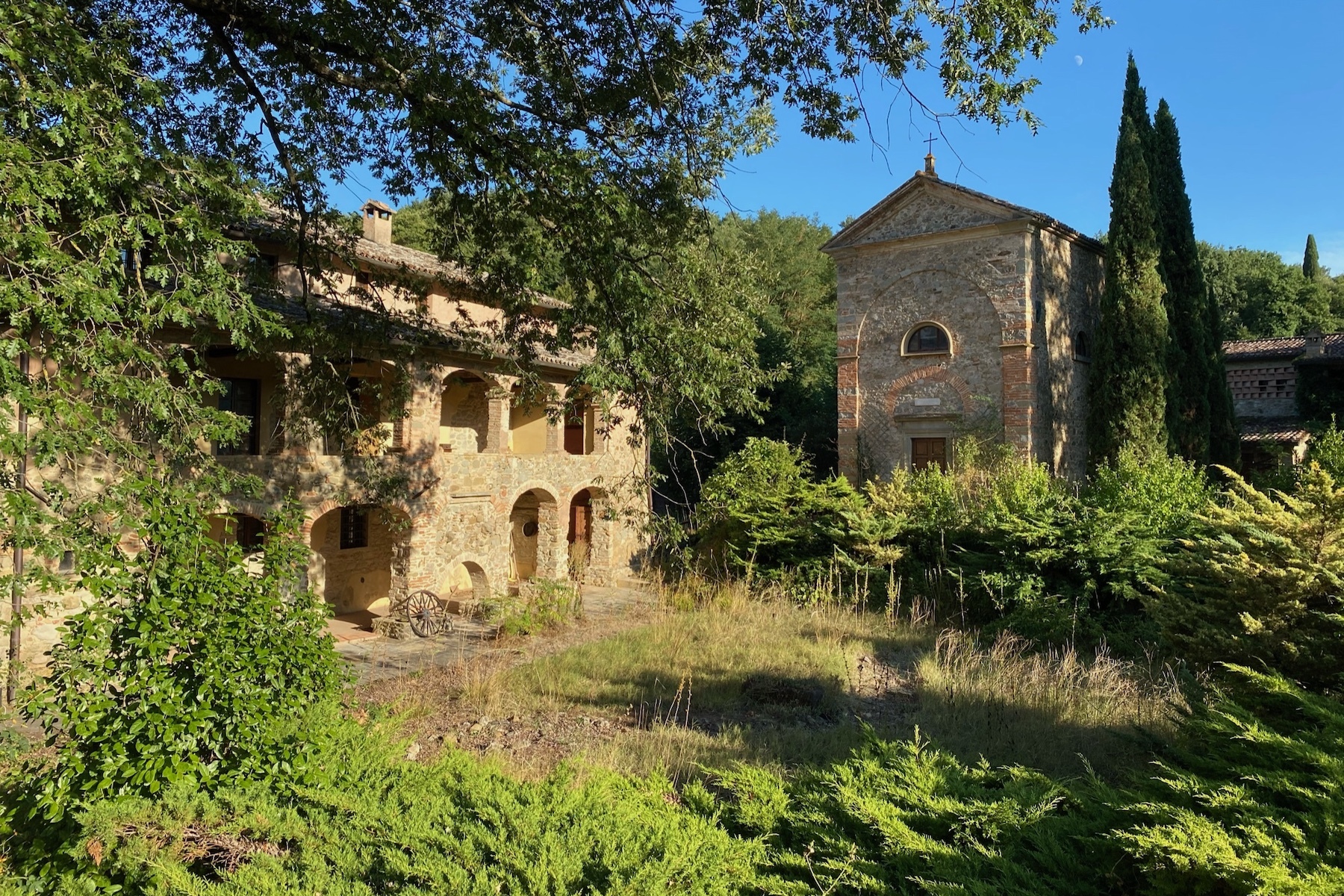
Some places don’t call you with grandeur or promise; they wait in silence, growing wild with time, and when you finally arrive, it feels as though they were expecting you all along. Such was the case with Vocabolo Moscatelli, a 12th-century monastery buried in the Umbrian hinterland, camouflaged beneath vines and encroached by forest. It hadn’t seen a soul in years. The architecture was slipping into ruin, almost consumed by nature. The buildings were quietly dissolving back into the landscape when Catharina Lütjens and Frederik Kubierschky first walked among their bones.
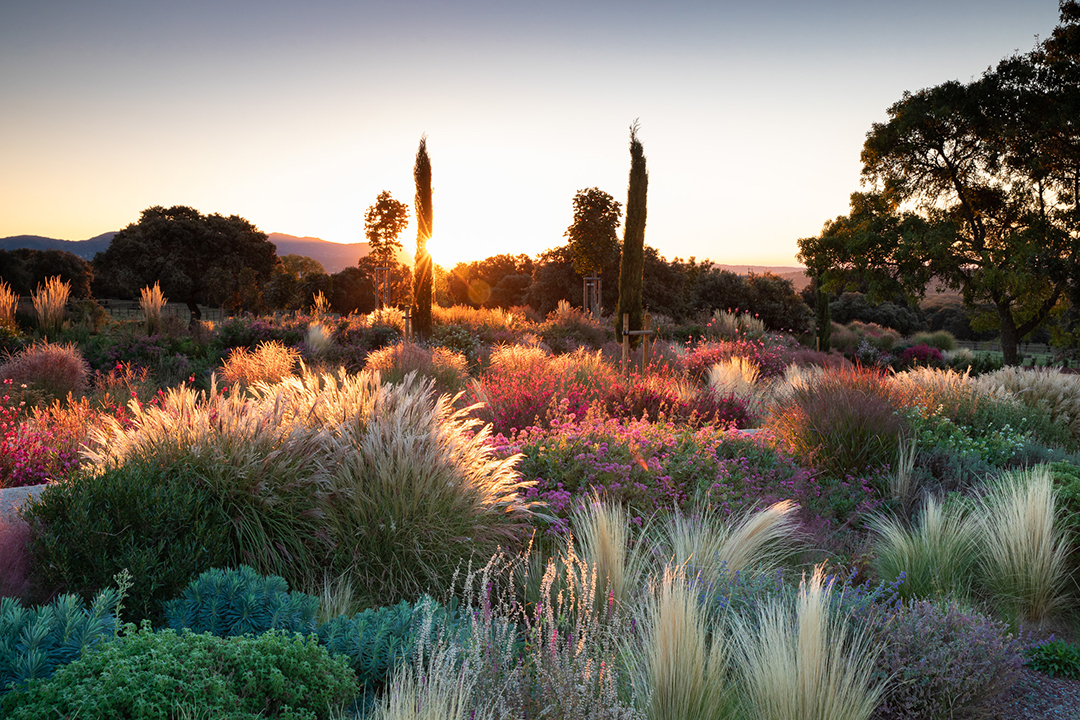
Known for his ecological, Mediterranean-rooted landscapes, Álvaro Sampedro brings a sensitive design approach to the preservation of rare forests, native planting and site-specific horticulture.
Founded in 1989 by João Ferreira Nunes, PROAP treats landscape not as a canvas but as a co-author. Their approach is one of attunement to ecology, heritage, and time. At the hotel resort L’AND, this philosophy finds a clear voice.
Enter Fabiano Crociani, who caught our eye with his artistic development of the gardens around restoration project turned luxury hotel, Vocabolo Moscatelli, located in Italy’s rural hinterland: Umbria.
Established in the 50s, Wirtz Landscape Designers have masterminded projects such as the lush Kanazawa Belgian Park, Tuileries Garden and the Jubilee Park flanked by an upward urban sprawl of skyscrapers.
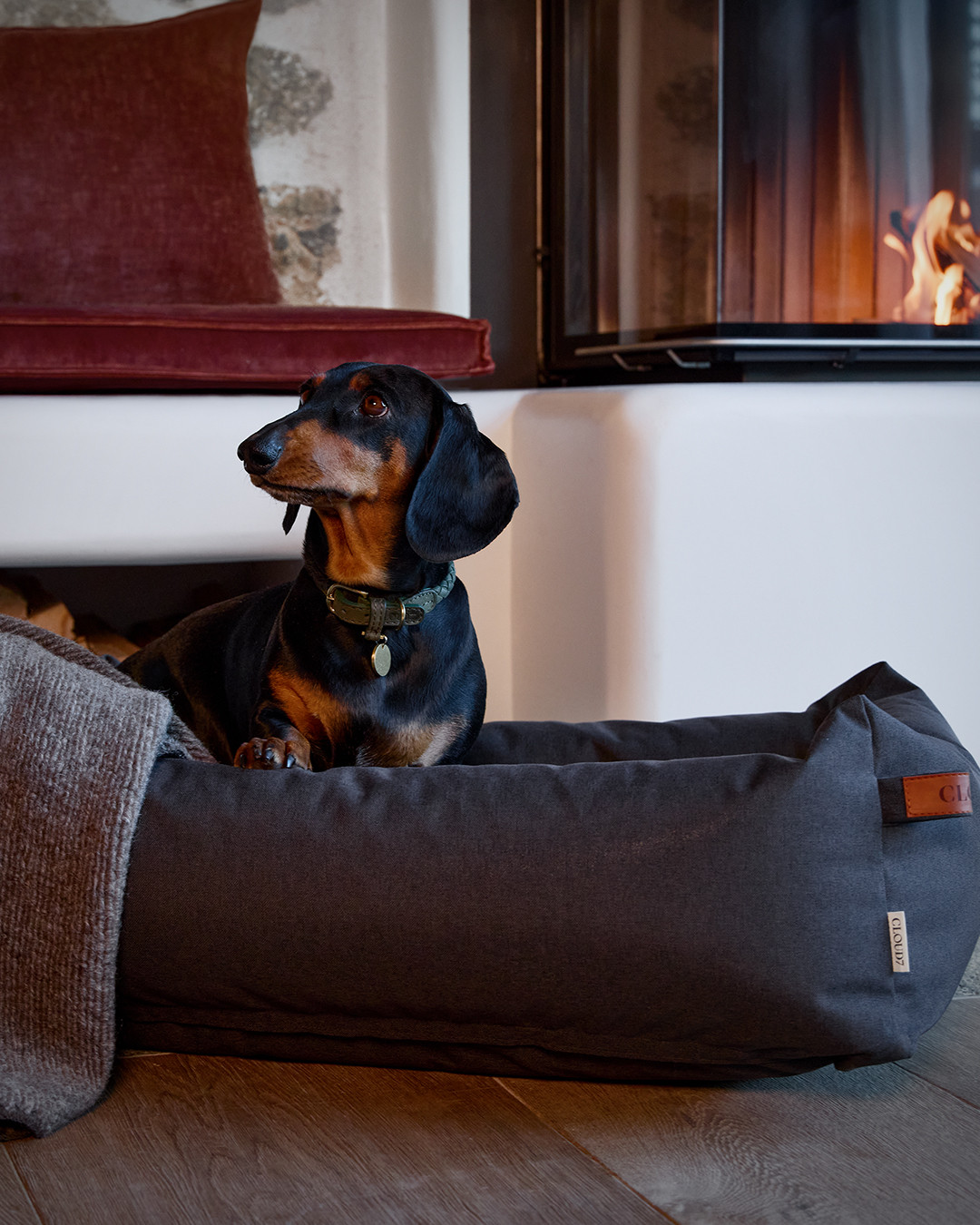
BelArosa - a luxurian hotel retreat perched at 1,800 metres above sea level in the scenic folds of Arosa in the Swiss Alps is the new coordinates for those who love all the creature comforts. Cabin-fever hotel aesthetics: ten dapper, self-contained chalets, ranging from 95 to 210 m², stacked and tiered to capture the light and views. Five suites come with private infinity pools.
Even your dog is treated as a guest: Cloud7’s designer pet bedding, bowls and blankets are supplied for your four-legged companion.
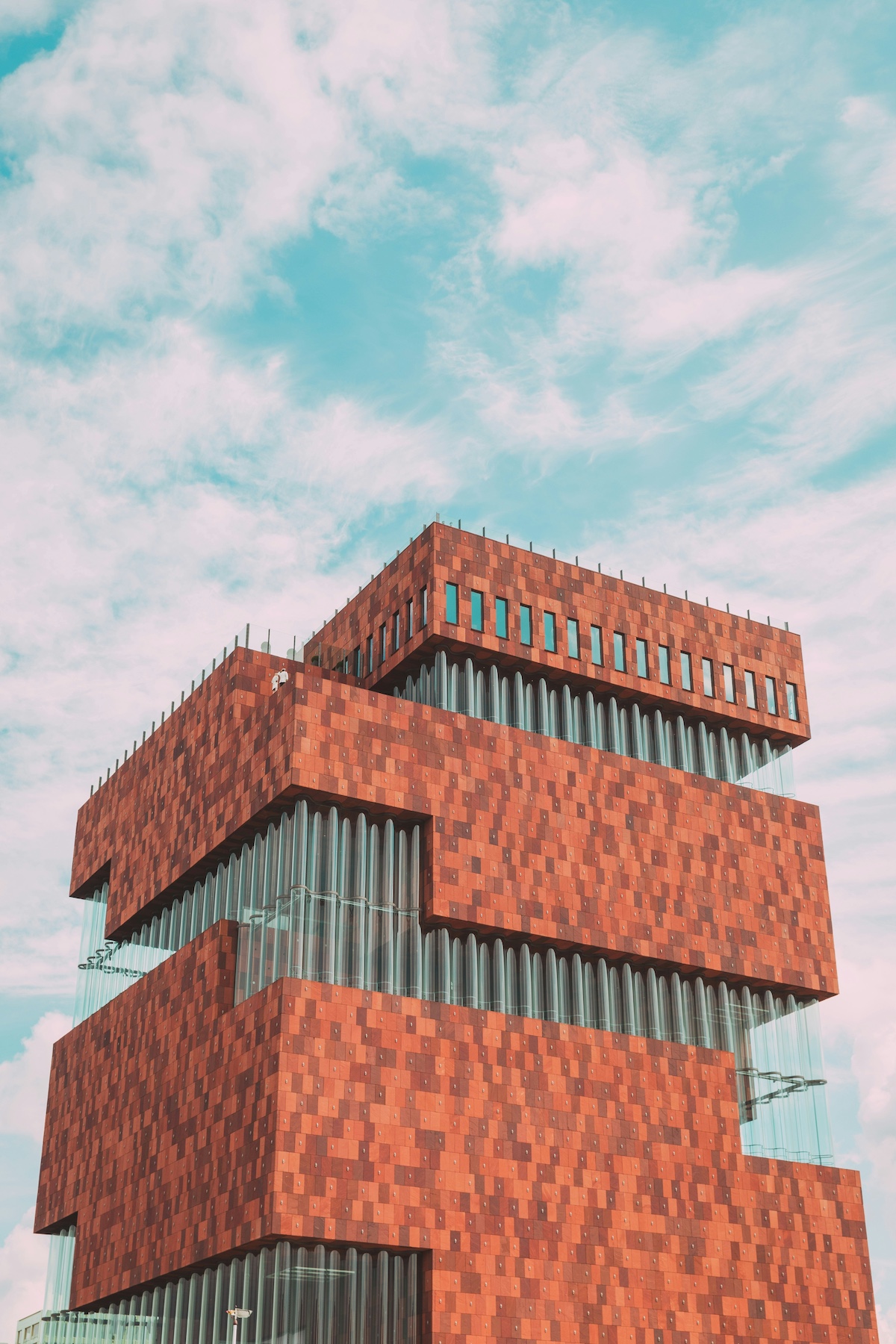
Antwerp has always been a city of portals: rivers, guilds, ships, diamonds and ideas. And rising from the old port of Eilandje like a contemporary totem to that layered legacy is MAS – the Museum aan de Stroom.
Julia Prestia and her husband Giuseppe from Sicily run the estate; in 2012 they continued and built on the organic work that the Venturini Baldini family began, even re-branding cloyingly sweet Lambrusco from the 80s back to its original dry, bubbly appellation. With Julia’s background in management consulting and finance at McKinsey & Co in London and the regeneration of the farm buildings to add accommodation, they’ve helped put the shy and retiring region of Emilia-Romagna on the map.
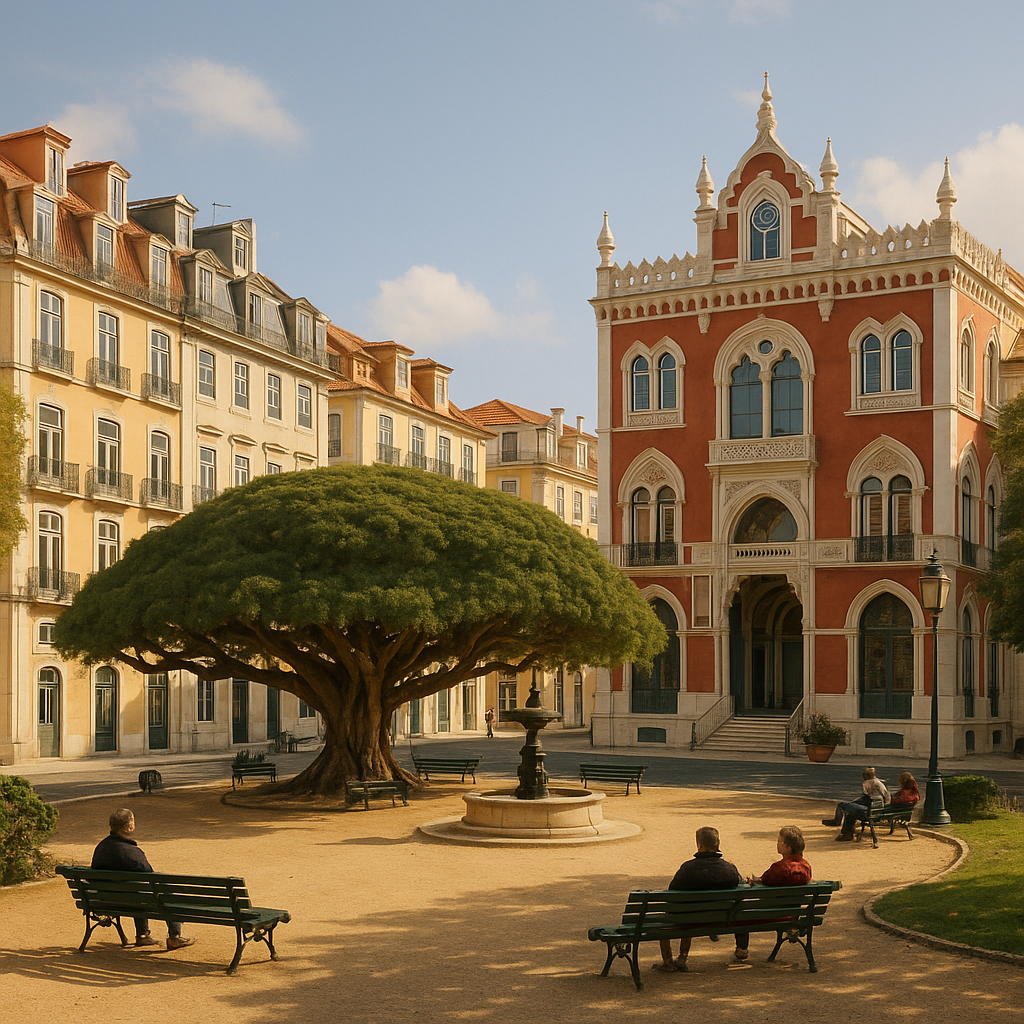
High above the hum of downtown Lisbon, Príncipe Real stretches out like a cultivated pause – leafy, liberal, and laid with the sort of understated grandeur. Named in honour of Dom Pedro V, the 19th-century Portuguese prince of progress, this neighbourhood bears a noble title but has always felt more philosophical than regal.
Amoreiras plays it cooler than its louder cousins – no tile-covered tourist traps, no vintage trams rattling through cobbled cliché. Instead, this district holds its own with a complex mesh of faded aristocracy.
Bairro Alto is Lisbon’s poetic soul – a district of light, lyricism and quiet drama where Fado drifts from tavernas and artful stays like Pátio do Tijolo reimagine the city’s creative rhythm.
